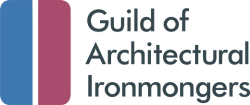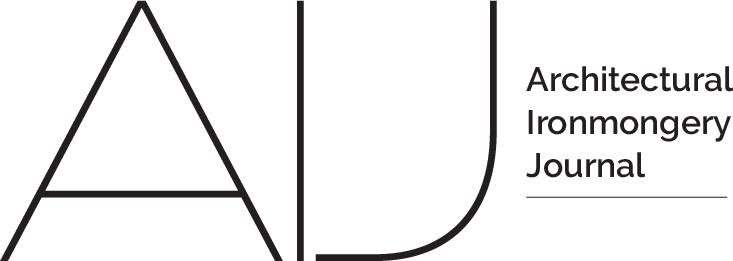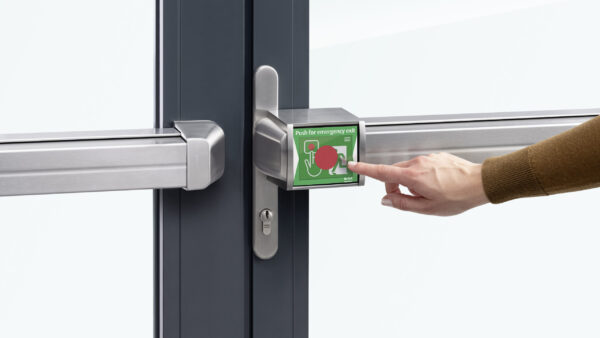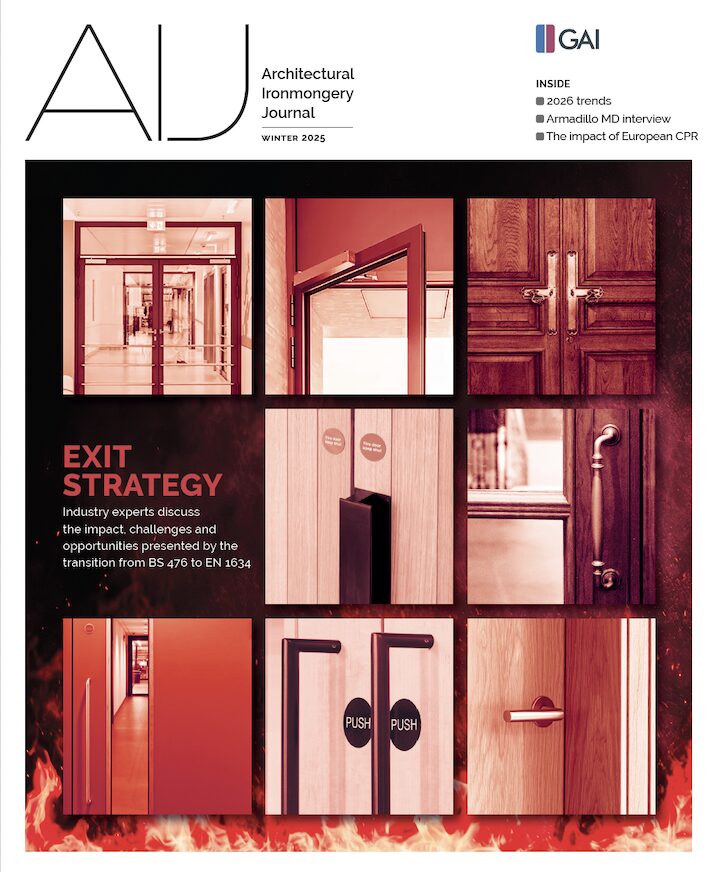Lara Coutinho shows how to spot authentic sustainability

As sustainability targets tighten and expectations of environmental standards rise across the built environment, architectural ironmongers can play a key role in ensuring supply chains are genuinely sustainable and ethical – not just ticking boxes. With reputations and long-term compliance on the line, knowing how to identify truly responsible suppliers is now essential.
Environmental claims are everywhere, but not all are created equal. Greenwashing –making vague or misleading claims about sustainability – is still widespread. In fact, a recent survey by the Environmental Services & Solutions Expo found that 90% of professionals believe greenwashing persists in their industries.
To cut through the noise, look for hard evidence. Credible suppliers publish regular, detailed sustainability reports that link directly to recognised frameworks, such as the UN’s Sustainable Development Goals (SDGs).
For example, Zoo Hardware has committed to a 2030 Sustainability Roadmap and transparently reports progress each year, with measurable outcomes tied to energy efficiency and climate action.
Platforms like Sedex (Supplier Ethical Data Exchange) can also help businesses verify the environmental and ethical credentials of their partners.
Membership indicates a willingness to share detailed supply chain data, undergo audits, and work toward continuous improvement. Another indicator of sustainability integrity is the use of Environmental Product Declarations (EPDs), which detail a product’s environmental impact across its lifecycle. EPDs are especially valuable to architects and specifiers seeking verified data for project assessments.
Packaging matters too. Look for suppliers actively reducing plastic use and switching to more sustainable alternatives. But again, scrutiny is key – valid sustainability efforts are backed by documentation and third-party certifications, not vague claims.
In today’s market, integrity drives trust. By prioritising suppliers that publish clear, verifiable data and demonstrate a consistent commitment to environmental responsibility, architectural ironmongers can ensure they’re specifying products that meet modern standards – without compromise.
Lara Coutinho is supply chain sustainability manager at Zoo Hardware. She also sits on the GAI Sustainability Working Group, helping to drive positive change across the industry through collaborative research, discussion and actionable steps.








